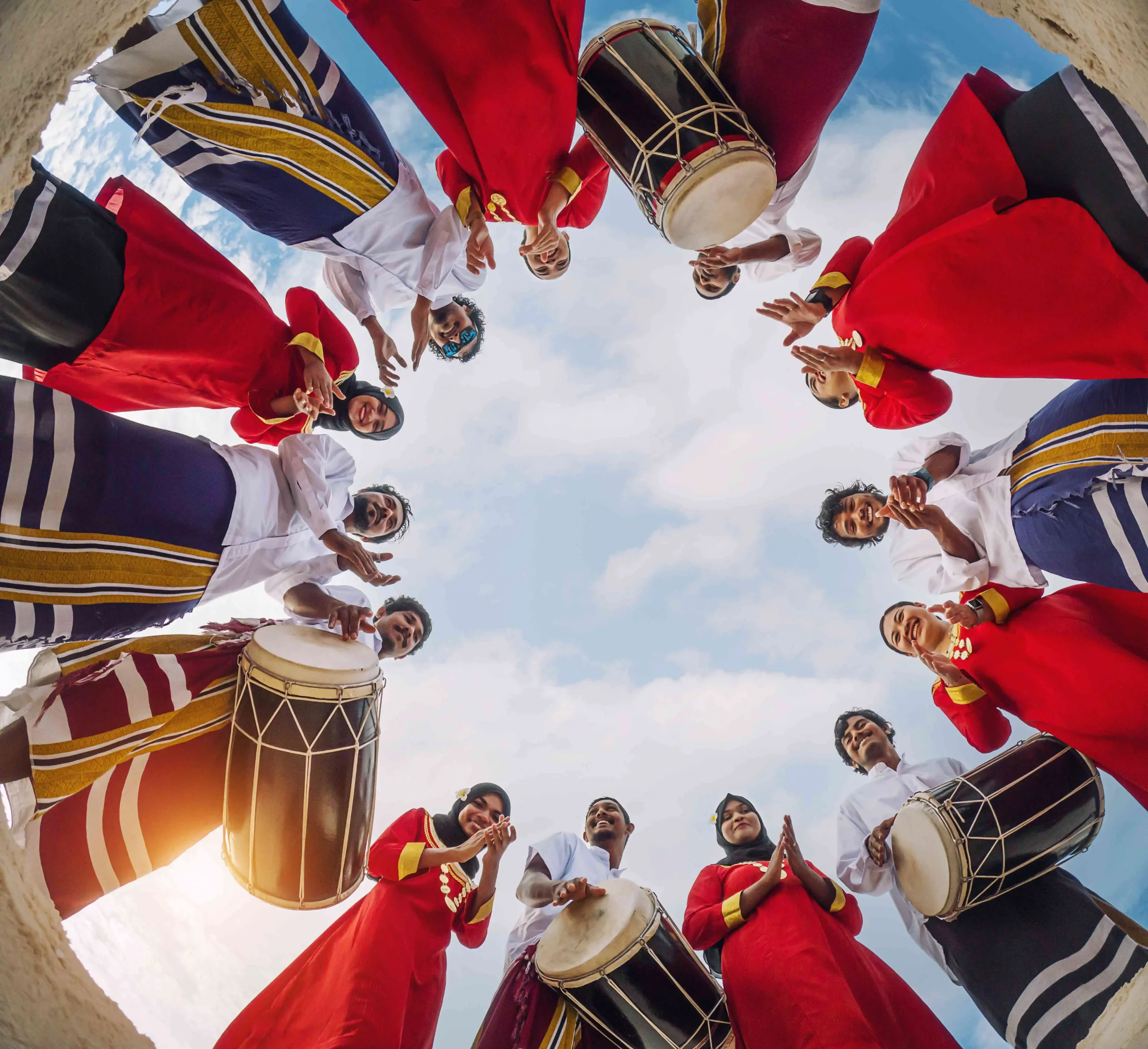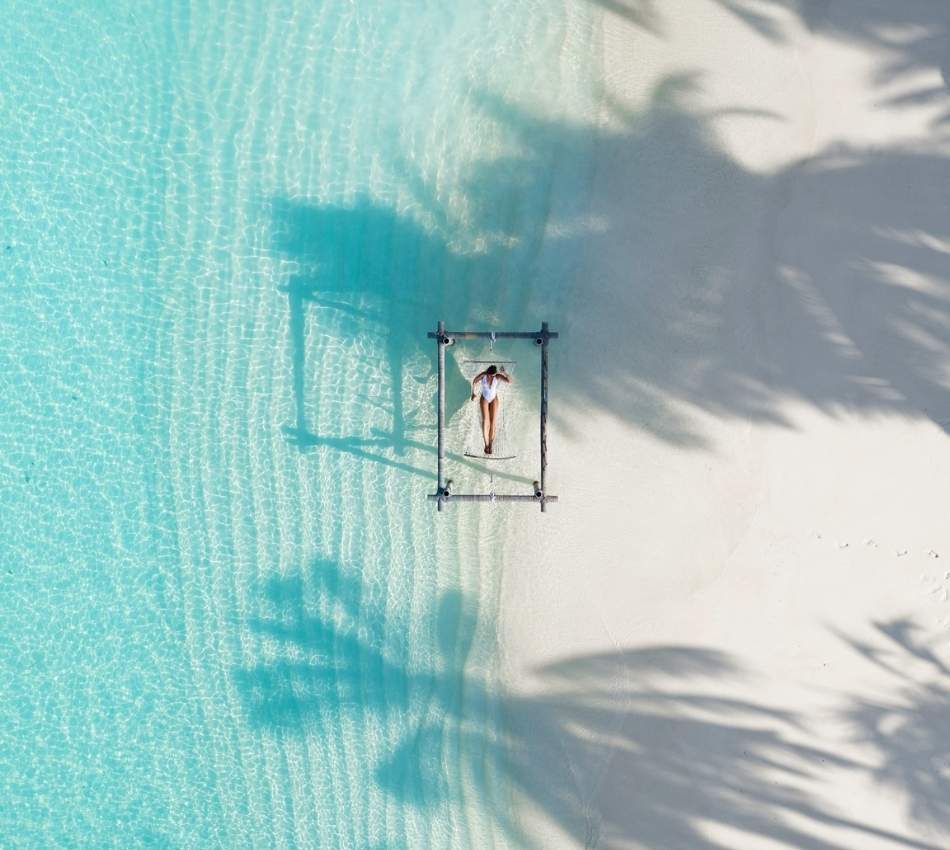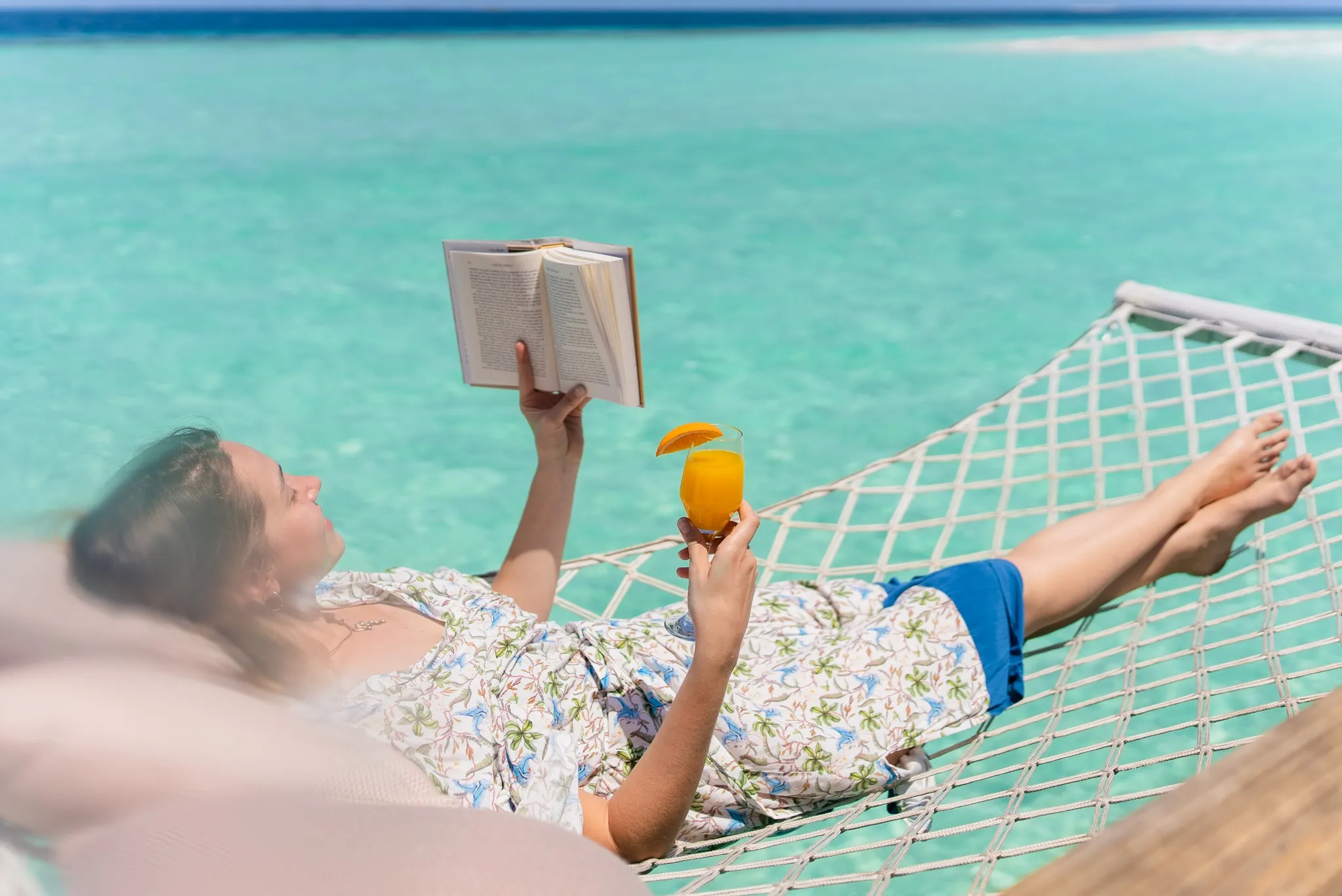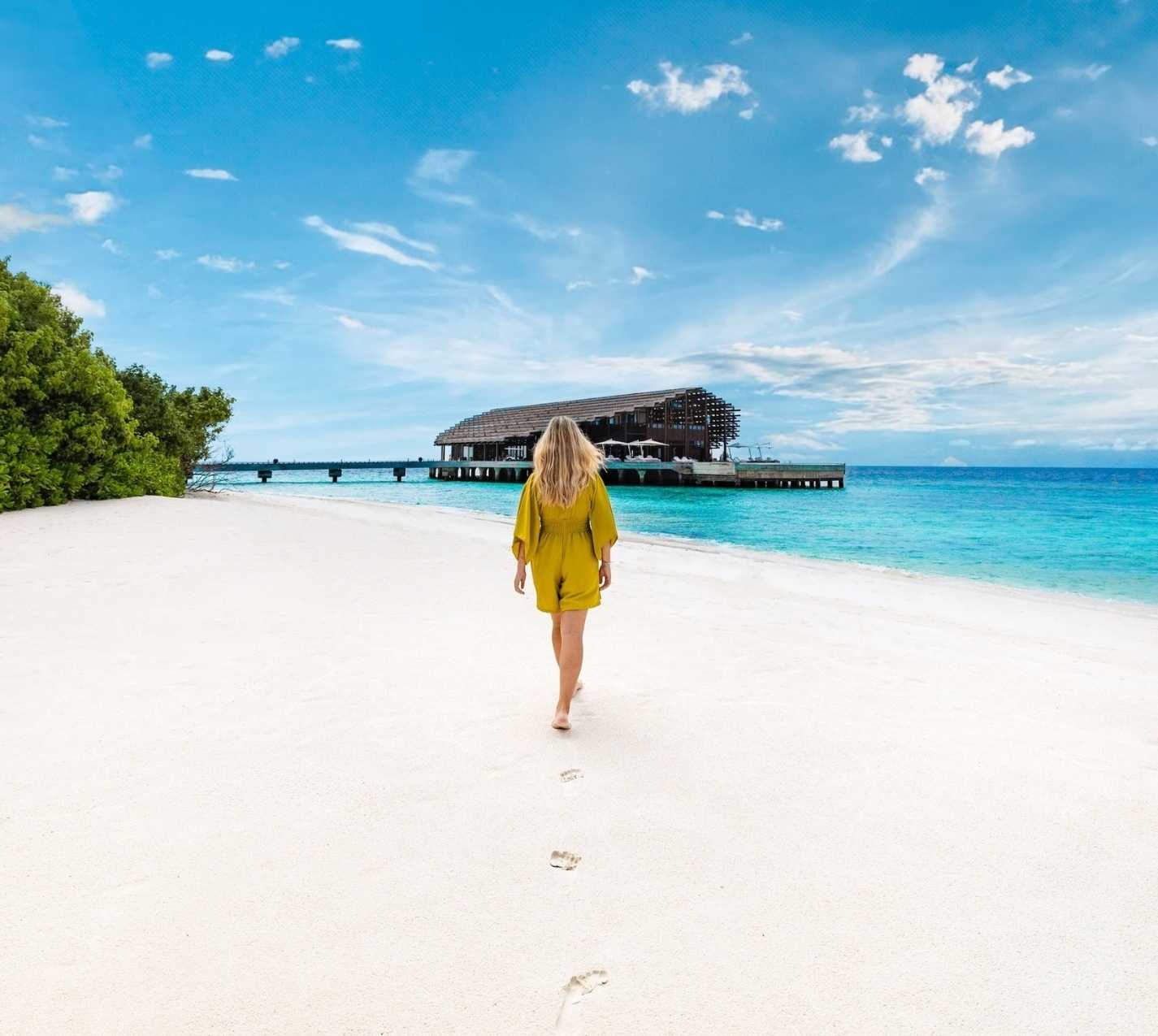The Maldives is renowned for its breathtaking natural beauty, but its rich cultural heritage also plays a crucial role in attracting tourists from around the globe. From traditional music and dance to unique culinary delights, Maldivian culture offers an immersive experience that enhances the allure of this island paradise. Explore how Maldivian culture impacts tourism and elevates the visitor experience.
Traditional Music and Dance
Over the years, the Maldives has incorporated some of the major traditional aspects into the tourism industry. One of the biggest reasons this works is due to guests’ fascination with the traditional music and dance of the Maldives. Throughout the festive season as well as welcoming ceremonies guests can get a glimpse of traditional aspects such as:
- Bodu Beru: The rhythmic drumming and energetic dance performances captivate tourists and provide insight into Maldivian traditions.
- Thaara: This unique dance form highlights the Maldives’ historical influences and is often showcased in cultural shows at resorts.
- Cultural Shows: Many hotels and resorts host evenings featuring traditional music and dance, offering guests an authentic cultural experience.
Maldivian Cuisine
Yet another thing travellers are fascinated by is Maldivian cuisine. Not only does Maldivian cuisine carry a unique flavour profile, but it’s also not available anywhere else in the world. In addition to local food culture, travellers also love to explore short eats or street food and freshly available seafood in the Maldives.
- Local Dishes: Savor popular dishes like Mas Huni, Garudhiya, and Fihunu Mas, which reflect the island’s culinary heritage. These are widely available in almost every single resort at least once a week.
- Seafood: Enjoy freshly caught fish and seafood, a staple of Maldivian cuisine, at local restaurants and markets.
- Street Food: Explore local markets and try traditional snacks or ‘hedhika’ for an authentic taste of Maldivian life.
Craftsmanship and Art
Maldivian craftsmanship also has its own uniqueness. In addition to being colourful and vibrant, travellers love to take small pieces of crafts and art as souvenirs. Maldives resorts also host Maldivian nights where local craftmanship and art are showcased to guests. Through these, guests are able to explore local art such as:
- Lacquer Work: Intricate designs on wooden items make perfect souvenirs and showcase Maldivian artisanship.
- Mat Weaving: Traditional Thundu Kunaa mats are woven from reeds and are a significant cultural craft.
- Local Artisans: Visit workshops and markets to see artisans at work and purchase handmade crafts. Some resorts also host local artists to showcase their work to travellers.
Historical and Cultural Sites
Any tourist who visits the capital city or local island will explore the historical sites. Almost anyone will tell you that the top must-explore things in the local islands include the historical sites. In some islands of the Maldives, you can explore artefacts that date back to a time before the Maldives embraced Islam, Here are some historical sites you can explore during your trip:
- Hukuru Miskiy (Old Friday Mosque): This historical site offers a glimpse into the architectural and religious history of the Maldives.
- National Museum: Explore exhibits that showcase Maldivian history, culture, and heritage.
- Ancient Coral Stone Mosques: Visit these unique architectural marvels to appreciate the Maldives’ cultural legacy. Although a lot of the coral stone mosques have been modified, you can still explore these beautiful mosques in different corners of the Maldives.
Maldivian Folklore and Stories
New resorts have also started incorporating Maldivian folklore and stories into their design and concept. In Maldives resorts such as Oaga Art Resort, guests are able to explore different myths and legends. This has been a great way to introduce guests to another side of the Maldives, beyond luxury resorts.
- Myths and Legends: Discover tales of sea monsters and ancient heroes that enrich the cultural narrative of the Maldives.
- Storytelling Sessions: Attend events where locals share traditional stories with tourists. You can also ask your butler about the folklore tales!
- Cultural Heritage Tours: Take guided tours and delve into the history and folklore of the islands.
Traditional Maldivian Attire
Traditional Maldivian attire can also be spotted during many resort celebrations, as well as guest welcoming ceremonies. Most recently, Sun Siyam Vilu Reef also incorporated traditional attire to welcome back one of their most loyal guests, mama Baerbel Richter to the resort! Guests can also spot the traditional attire during festive nights, as well as Maldivian nights. Guests are able to explore the Maldive’s traditional attire through:
- Dhivehi Libaas: Experience wearing the traditional dress during special occasions and cultural events. Such as welcoming back ceremonies and Maldivian nights.
- Tourist Participation: Opportunities for tourists to dress in traditional attire and engage in cultural activities.
- Fashion Shows: Resorts often showcase traditional and contemporary Maldivian fashion.
Influence on Modern Tourism
The fusion of tradition and luxury is reshaping contemporary tourism experiences. High-end resorts are adept at seamlessly integrating local culture into their offerings, harmonizing tradition with modern indulgence. Visitors can immerse themselves in authentic cultural workshops, engaging in activities such as traditional crafts and cooking classes. Notably, destinations like the Maldives leverage this unique blend, marketing themselves not only as natural paradises but also as cultural treasures, drawing in culturally curious travellers seeking enriching experiences.
The rich and diverse culture of the Maldives significantly enhances its appeal as a top travel destination. By integrating local traditions, culinary delights, and cultural experiences into the tourism landscape, the Maldives offers a unique and enriching experience for visitors. Understanding and appreciating the impact of Maldivian culture on tourism not only elevates the travel experience but also supports the preservation and celebration of this island nation’s heritage.








